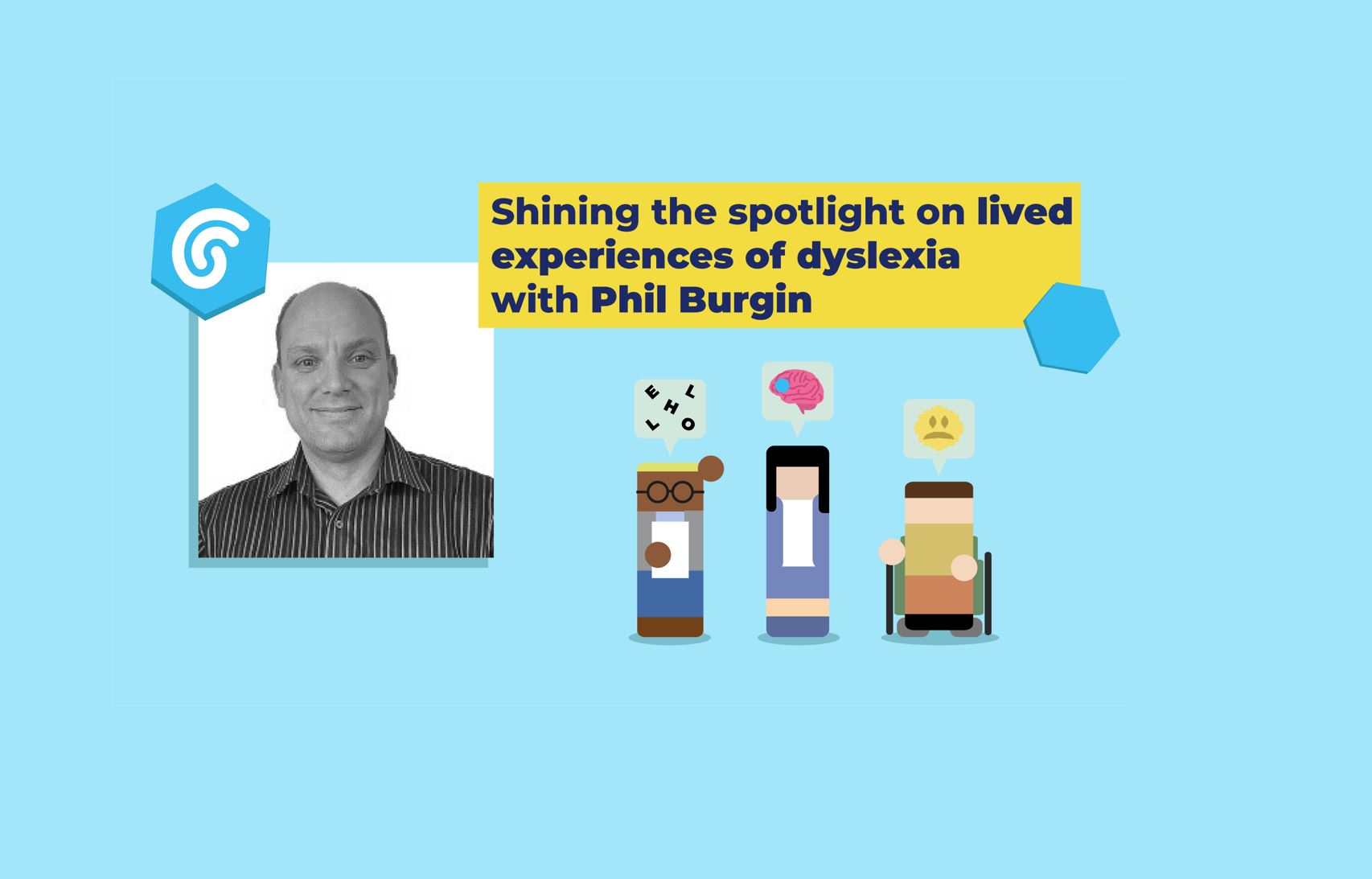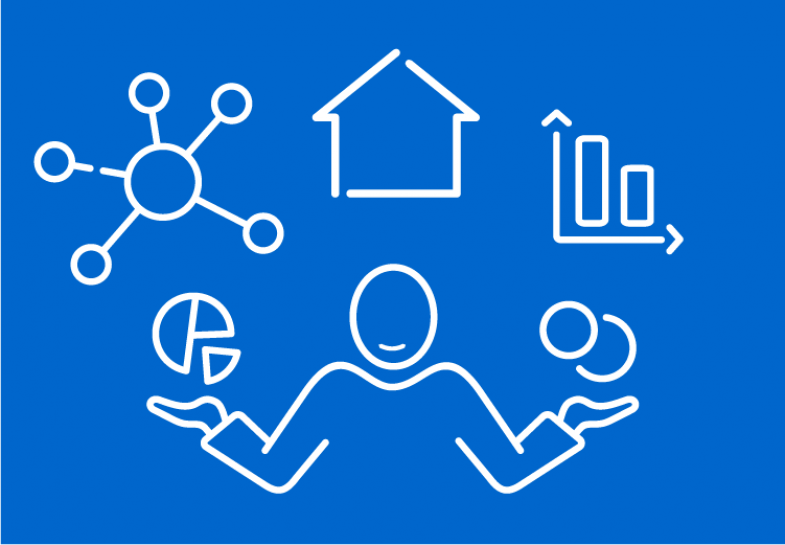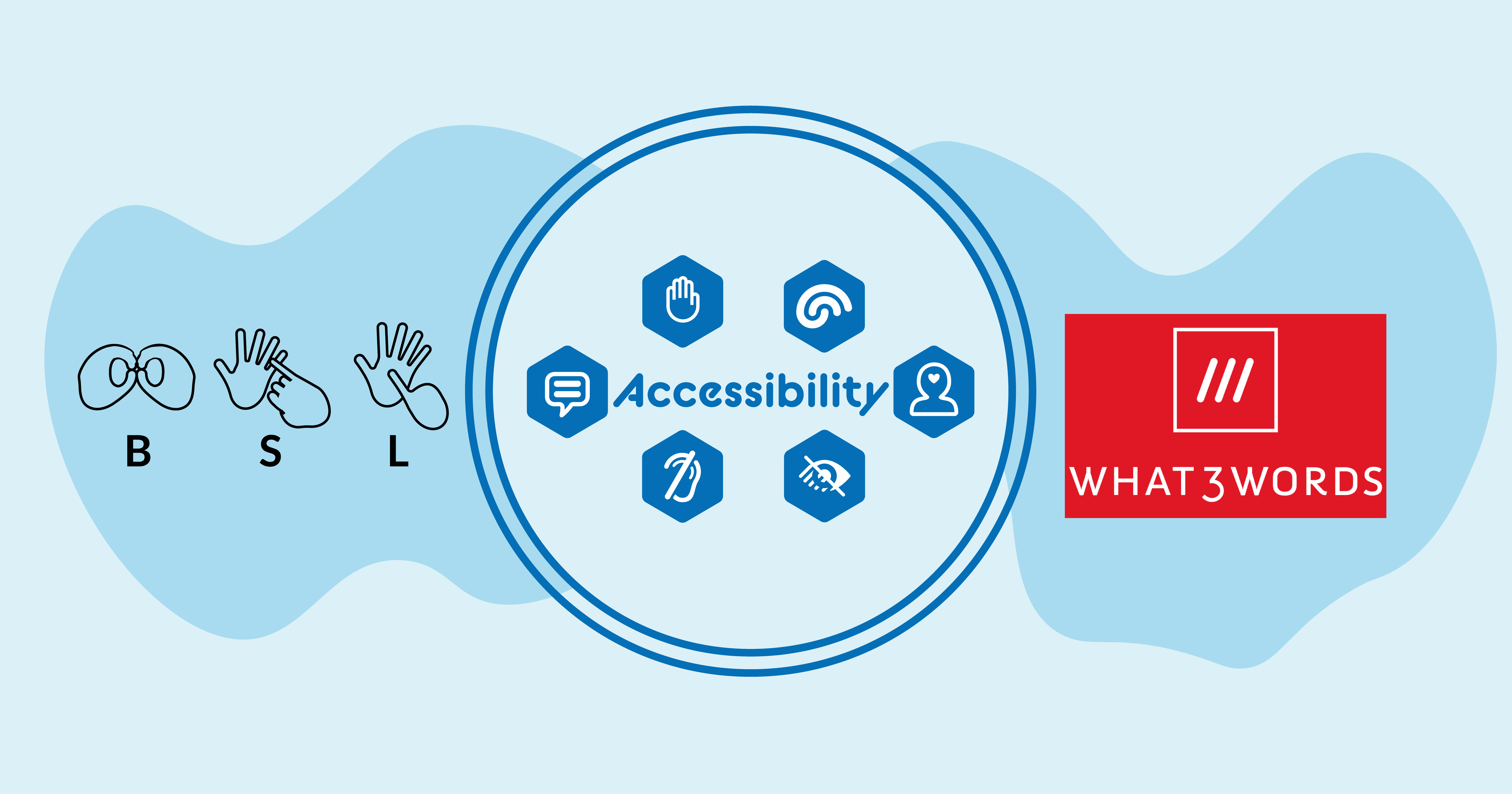Turning new challenges into new opportunities in light of 12th November 2020 – uni dropout day
You may not know but today, Thursday 12th November, is an important date. Aside from being the 30th anniversary of Tim Berners-Lee’s proposal for the World Wide Web, a survey by London’s New College of the Humanities found that 12th November was the date when first-year students are most likely to drop out of university. Today we are in the midst of a global pandemic and the challenges facing new students are therefore greater than ever before – could 2020 see the highest dropout rate to date? Or could the peak date move earlier? A more important question we are all thinking about in the sector is, how can we better support students?
The life of a university student is, most of the time, a positive one. Students arrive on campus, go to lectures, go to a party or two, make new friends, take exams, complete coursework and graduate. However, like any area of life there can be challenges, which in a worst-case scenario results in the student dropping out and missing out on their opportunity at a degree. Every year since 2015 there has been a rise in university dropout rates with two-thirds of UK universities being affected.
So why is there this constant increase in students leaving university? I’m sure if there was an easy answer to that question the rates would be decreasing and not increasing, for now, let’s focus on why this time of year is a particular cause for concern. Come November students are a few weeks away from completing their first term, the novelty of student life is a distant memory. Freshers’ week has been and gone, they’ve met new people, started their course and given university life a good go but for whatever personal reason it’s just not worked out.
Mental health, has seen a significant increase as a reason for dropping out of university over the last few years. When comparing statistics in 2009/10 to 2014/15 there was a 210% increase in university dropouts among students with mental health problems. This is a big increase and this year we know mental health is a much bigger challenge not just for new students but also for the entire global population. Our DSA Sector Lead, Emma Sheakey, has written a blog which looks at the innovative ways universities are trying to support students’ mental health.

The figures mentioned above illustrate that mental health is having an impact on the universities dropout rates, but it’s not all doom and gloom. I like to think of myself as an optimist – my glass is always half full. Therefore, I like to concentrate on the new opportunities that can help to overcome the current challenges associated with mental health and the dropout crisis. There are two key challenges at this time which we can manage, one is keeping new students engaged in their course and the second is maintaining healthy mental wellbeing.
Challenge 1: Keeping Students Engaged During a Pandemic
Opportunity 1: Data-driven Personalisation and Inclusive Learning
There’s no denying 2020 has been the year of remote learning and working. Not only has it helped students continue to learn whilst self-isolating or in lockdown, but it has recently been announced that all university teaching must move to online by 9th December to support students getting home for Christmas.
When learning takes place in person it’s difficult to truly know how engaged your audience is. With online lectures you can access data that tells you if students are looking at a different screen or clicking somewhere else – indicating they are not engaged. This may seem a bit ‘big brother’ but using this data positively can help personalise the learning experience.
Brockenhurst College in the New Forest analyses student’s data before the student even arrives. The college looks at student’s geo-social demographic backgrounds, their previous qualifications, how they engaged in the recruitment journey, and what they do on the website, tracking information like what they’re searching for. By looking at this data the college can understand the best support staff to work with the student as well as develop a suitable timetable for them and even see if they are on the correct course, creating a truly personalised experience.
Nottingham Trent University recently piloted an initiative to use students’ data to improve relations between tutor and student and hopefully improve retention. They monitored four factors which signalled student engagement – library use, card swipes into buildings, virtual learning environment use and electronic submission of coursework. The pilot found if a student’s average level of engagement is low only a quarter make normal progress from first to second year. If there is no student engagement for a fortnight then tutors get an automatic email encouraging them to start a dialogue with the student.
Personalisation in a digital learning experience is endless; assistive software like Recite.Me can enable a user to fully customise the format of content on the web to suit their needs, programmes like Caption.Ed will automatically transcribe a lecture for you in real time and e-learning tools like Learning Labs will teach you how to get the most out of all of this assistive technology.
Providing assistive technology means providing a high-quality inclusive learning strategy, which is ideal at a time when more students are learning remotely than ever before. This new world approach could present an opportunity to further improve inclusivity, as we will have greater volumes of digital data than previously, which could uncover new findings about the way HE students learn best.
This idea of personalisation to help with student’s learning is not new to us at Learning Labs. You can read more about this in Chris Collier’s blog from a few months ago. In addition to these personalisation features Learning Labs has a positive message bar sharing healthy wellbeing tips that help motivate learners to maintain a positive mental state whilst studying.

Challenge 2: Student Isolation and Feelings of Loneliness
Opportunity 2: Increase Mental Wellbeing Awareness
In any normal year, students’ mental health will play an important role in how they adapt to university life. This year has been anything but ordinary so it’s no surprise students’ mental health has reflected this. A recent survey found that 26% of full-time students reported feeling hopeless as well as 36% saying they felt lonely. How can you combat loneliness during lockdown? Different strategies work for different people but just by being aware of the issue is a major step forward. We now need to take the challenge of students’ mental health and use it as an opportunity to empower students, and society, to have a greater awareness of mental health as a whole, and for individuals to have greater awareness of their own personal mental wellness status at any given moment in time.
A recent survey found almost nine in ten students struggled with anxiety, which was an increase of almost 19 percentage points when compared to 2017 figures. With mental health it’s not always enough to have someone there to talk to. Sometimes you need that person to make the first move.
Historically mental health and physical health have not been seen as equals. How many places have you worked where there has been at least one trained first aider? And how many places have you worked where there has been at least one trained mental health first aider?
This is partly due to mental health first aiders being a relatively new initiative. Mental Health First Aid England launched as a community interest company in 2009. During that time more than 114,000 Mental Health First Aiders have been trained in England. A special mention has to go to Arts University Bournemouth which has recently been named as having the highest ratio of mental health first aiders to students. More than 200 of the staff at the university are trained mental health first aiders which accounts to 58 qualified staff members per 1,000 students. The next university is the University of Leicester which has 38 mental health first aiders per 1,000 students.
Arts University Bournemouth is taking this idea further. Not only are they ensuring there is an effective amount of mental health first aiders available to students but they are also offering a mental health first aider two-day course to all graduating students, setting them up perfectly for the world of work.
Something we have considered at Learning Labs is that if we were able to combine remote, digital resources and the subject of learning about mental wellbeing at this time we could make a huge positive impact on student mental wellbeing. All I will say for now is watch this space…!
Hopes for the class of 2020
There’s no denying we are in unprecedented times. None of us have ever experienced university like students today are. Who could have predicted, before 2020, that students would have had to be tested before they could go home for Christmas to be with their family?
It’s these challenges that will ensure students’ mental health is at the forefront for some time to come and this will undoubtedly have an effect on the dropout rate. Ever the optimist though, I honestly think we need to look at these challenges and see them as opportunities then, hopefully, 12th November can be remembered only for the likes of Tim Berners-Lee.
Other blog articles











